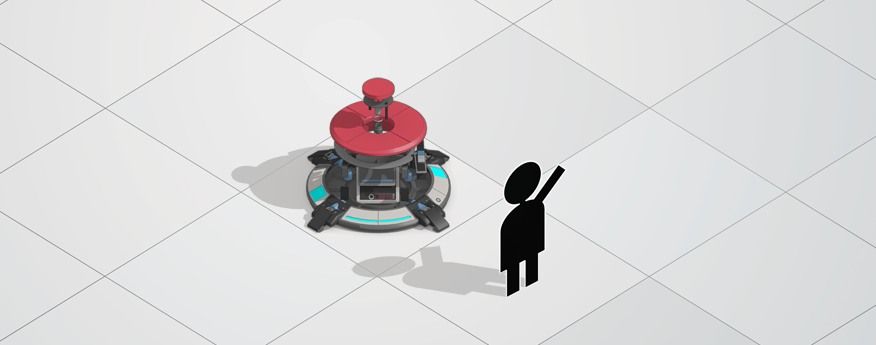


Most first-person shooters go further and equate aiming with viewing.

First-person games are so much about looking anyway – the player encounters views and collates them into mental maps of three-dimensional space. To think with portals is to play with point of view. I move this way but she goes the other I forget, so trained on mirrors, to recross my brain signals I remember, suddenly, the frustration of first trying to control my direction on the live feed of a camcorder. I set my portals just so and get a good look at myself, my Chell, bootstraps and all. I look to my portal, straight ahead, and see also from behind or above. Not just moving through portals and all the attendant cleverness, but in the very seeing itself. They allow your eyes to be in two places at once, to occupy, literally, multiple points of view. But portal windows, like portal doors, usually point back in.
#BEST PORTAL 2 WINDOWS#
Windows mean to point out there, somewhere not here. Portals bend the architecture of the world so that we see it from a new point of view. The establishing portal shot of both games, Chell in her cell, confirms this. They are designed to take us back into our own room. No wormholes or slipspace drives shifting us to the other side of the universe. Though, admittedly, an elevator is kind of like a slow portal, with a small waiting room inside.įinal moonshot notwithstanding, these portals aren’t meant to take us far. It’s not even like the less anachronistic elevators. It’s local transport, yet so unlike all those rickety pneumatic tubes veining Aperture. (Please finish Portal 2 before reading further.)Ī portal is a door. Each time I connect portals, I wonder: what will I see, what will be revealed? There’s something about this mechanic, like Mario’s jump, that is inherently compelling (a portal, too, is a kind of jump – a local, mobile warp zone). Each time I shoot a second portal, a connection is made, a gap closed, and I feel a little synaptic spark. Portal 2 keeps asking me to think with portals, but I like to think about them too. I’m seeing myself, of course, but it’s not some trick with mirrors, a reflection of light. It’s just me in here, save the voices, and yet it’s suddenly creepy to think I’m not alone. I’m about my business – puzzling through space, feeling smart, doing science – and there she is. In the depths of Aperture, I sometimes glimpse another.


 0 kommentar(er)
0 kommentar(er)
